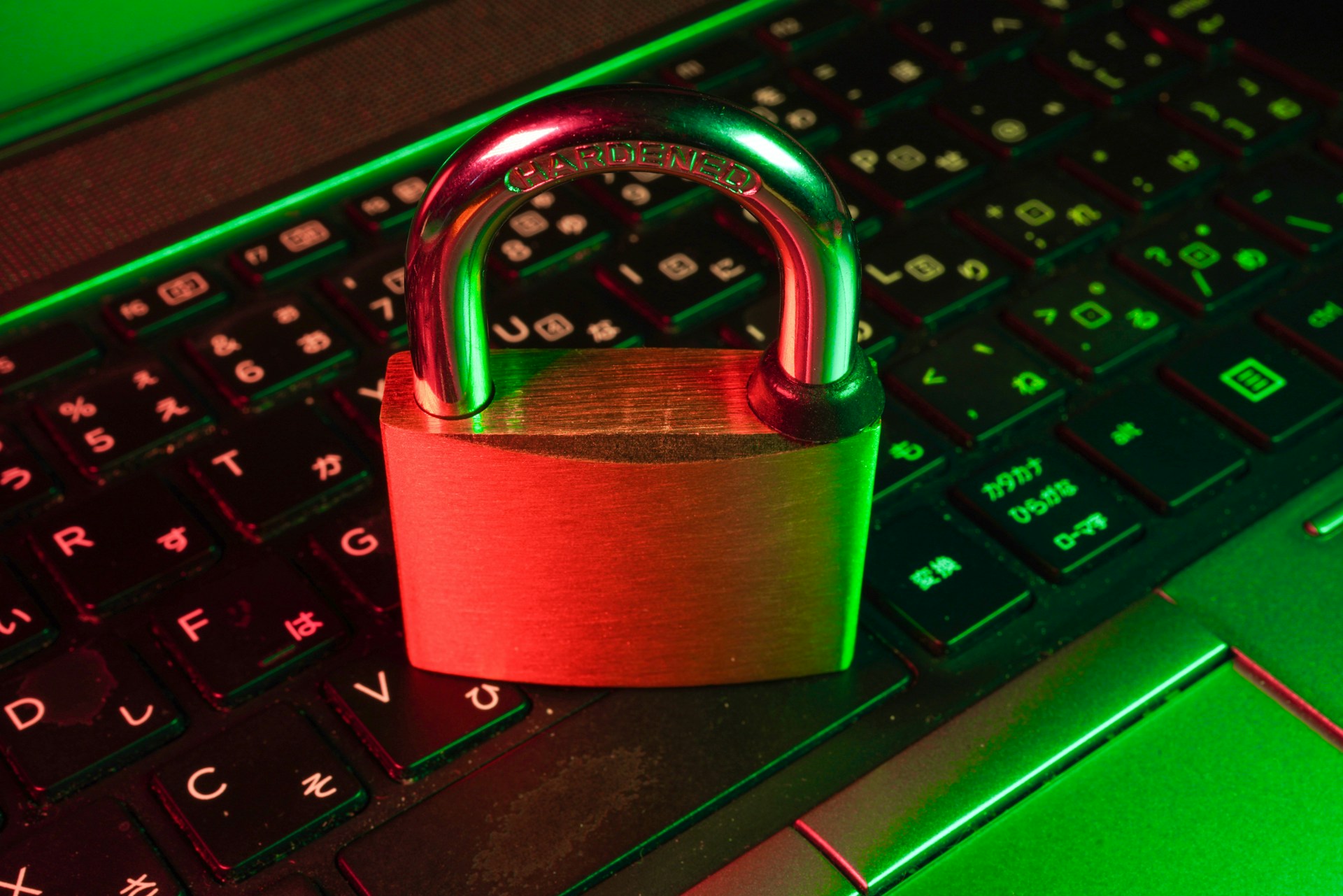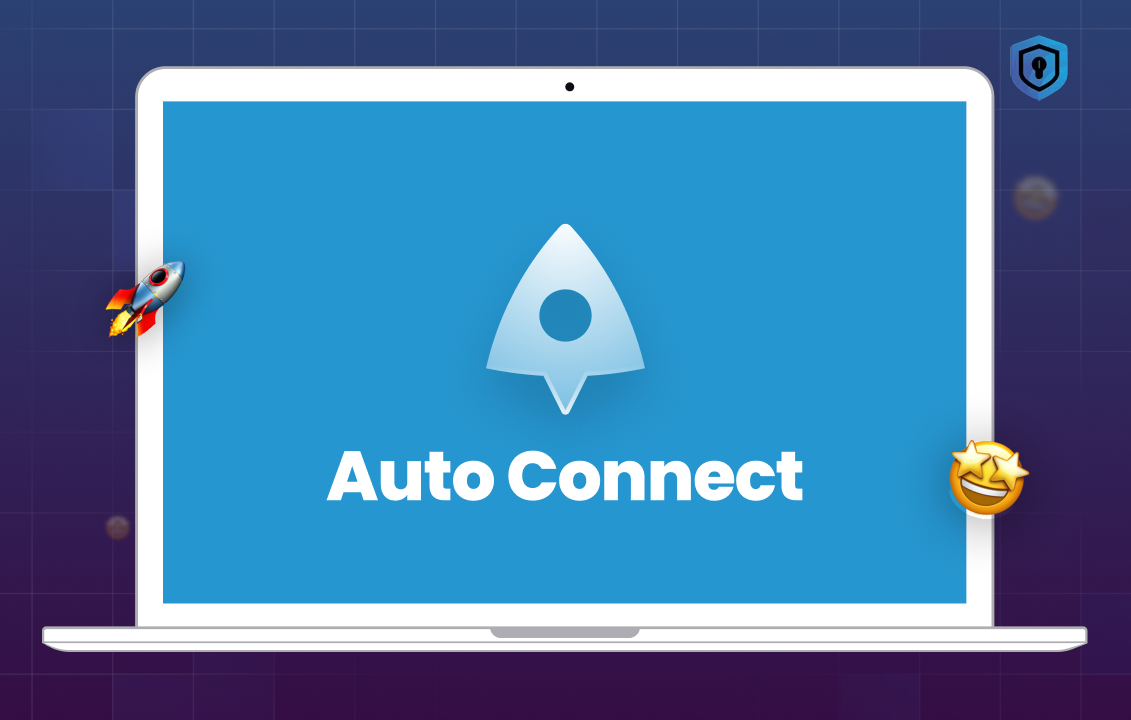When people talk about VPNs, the conversation usually revolves around speed, encryption protocols, can it unblock Netflix, that kind of stuff. But here’s the question hardly anyone bothers to ask: who’s actually behind the VPN you’re trusting your internet life with?
It sounds obvious, right? You pay a subscription, download the app, tap “connect,” and boom—you’re “private.” Except, not really. If you don’t know who owns the VPN company, you’re basically handing over your browsing habits, location, and personal metadata to a complete stranger. That’s like giving your house keys to someone because they said “don’t worry, we’ll keep you safe.”

Image Credit: Pixabay under Creative Commons
The Illusion of Anonymity
There’s this funny paradox: people download VPNs to feel more anonymous online, but in the process, they shift their trust from an ISP to… a VPN company. And here’s the kicker: your ISP is usually a regulated, visible entity. A VPN company? Could be a two-person team in a basement. Could be a shell corporation owned by an ad-tech giant. Could be backed by a government you’d rather not share your data with.
Remember when it came out that several “free” VPN apps were run by Chinese companies with vague corporate structures and no clear privacy policies? A lot of users shrugged it off. But that’s the whole problem—we tend to ignore ownership, assuming encryption magically cancels out all risks. It doesn’t.
Mergers, Acquisitions, and Hidden Agendas
Another layer: VPN companies are bought and sold like candy bars. A service you trusted three years ago might quietly change hands, and suddenly your “no-log” provider is part of a larger conglomerate with very different priorities.
There have been cases where VPNs merged with data-mining companies. You read that right: privacy tools literally owned by the same industry that profits from tracking people. Nobody likes to talk about that in flashy marketing, of course.
Why Ownership Matters More Than Features
A VPN can have AES-256 encryption, WireGuard support, and all the fancy kill switches you want. None of it matters if the company itself is shady. Encryption protects you from outsiders. Ownership determines what happens on the inside.
Think about it: if the VPN’s logging policy is “we don’t keep records,” but the company is headquartered in a jurisdiction that forces them to cooperate with intelligence agencies, those promises suddenly feel flimsy. And if you don’t even know who owns them, then you have no clue what kind of pressures they might be under.
The Problem With “No-Log” Claims
Every VPN advertises “zero-logs” like it’s a magic shield. But how do you, as a customer, actually verify that? You can’t peek into their servers. You can’t audit their database. You’re relying entirely on trust.
Now imagine if that “trust” is placed in a company with a name that sounds European, but after some digging you find out the parent company is registered in a tax haven with ties to an advertising firm. Suddenly, “zero-logs” feels less like a guarantee and more like a marketing slogan.
Some VPNs have gone through independent audits, which is great, but even audits are snapshots in time. A company can be clean today, then get acquired tomorrow.
A Real-World Example (Without Naming Names)
There was a well-known free VPN that exploded in popularity because of its unlimited data policy. Millions of users hopped on. Later, researchers discovered it was harvesting user data and selling bandwidth to third parties. Technically, they weren’t lying—they gave you free VPN service. But at the cost of turning you into the product.
And this isn’t rare. Any time you see the word freemium or completely free, ask yourself: what’s in it for the people running the servers, maintaining the infrastructure, and paying for bandwidth? Spoiler: it’s your data.
How to Actually Check Who Owns a VPN
It’s not impossible, but it does take a bit of effort (and most users don’t bother). Some steps people who really care about their privacy take:
-
Look up the parent company: Most VPN brands are owned by holding companies. A quick corporate registry check can reveal connections.
-
Read through the jurisdiction: Is the company registered in a country with strong privacy protections, or in one that’s part of surveillance alliances like Five Eyes?
-
Follow the money: Who funded them? Venture capital, ad-tech firms, or independent bootstrapped founders?
-
Check for transparency reports: Legitimate companies sometimes publish data on government requests, audits, or ownership disclosures.
It’s not foolproof, but it’s better than blind trust.
Why You Should Care (Even If You Think You Don’t)
A lot of people say, “I only use VPN for streaming—who cares if they know I’m watching The Office in another country?” But that attitude is short-sighted. Even if you’re just unblocking Netflix, the company still has access to:
-
Your original IP address (which ties back to your ISP and city).
-
The times and locations you connect.
-
Potential metadata about the apps or sites you’re visiting.
If that VPN is owned by an entity with questionable motives, your information could be bundled, sold, or even subpoenaed down the line. It’s less about what you’re watching today, and more about the data trail you’re creating.





